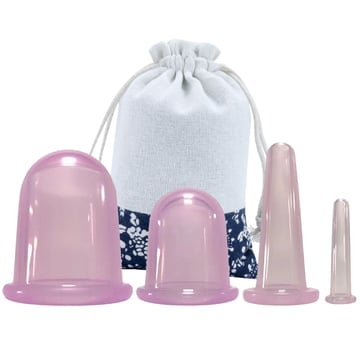The Incredible Benefits of Silicone in Medical Applications
Silicone is a widely recognized material that is used in numerous medical applications across the world. From tubing to implants and from bandages to prosthetics, silicone has found its place in the medical industry due to its unique properties and versatility. In this article, we explore the various characteristics of silicone that make it an ideal choice for medical applications.
High Chemical Resistance for Medical-grade Silicone
One of the primary reasons why silicone is seen as a suitable material choice for medical applications is its high chemical resistance. Medical-grade silicone is very stable and non-reactive, which makes it ideal for use in medical equipment and implants. It can withstand high temperatures, solvents, and even radiation exposure, making it one of the most reliable materials used in medical applications that require high precision and accuracy.
Biocompatible Benefits of Silicone for Medical Use
Silicone is also widely preferred for medical applications because of its biocompatibility. It does not react with human tissue nor does it cause adverse immune responses. Silicone's non-toxic, hypoallergenic, and non-inflammatory properties make it safe for use in the human body. Medical-grade silicone does not breakdown over time, unlike other materials. This makes it a more reliable and durable option for various medical applications.
Excellent Elongation Ability for Medical-grade Silicone
Another remarkable characteristic of silicone is its ability to stretch without breaking, allowing it to retain its shape even after undergoing strong deformations. This elongation ability of silicone makes it suitable for use in prosthetics and other medical applications such as catheters that require flexibility and high durability.
Elasticity and Tear Resistance for Medical-grade Silicone
Medical-grade silicone is known for its elasticity and resilience. It can recover its shape easily, even after continuous torture or use. These properties make it an ideal choice for prosthetics and implants that need to have some flexibility without breaking or failing over time.
Easy Sterilization and Cleaning for Medical-grade Silicone
Medical devices and equipment need to be cleaned and sterilized frequently to prevent the risk of cross-contamination and infections. Silicone is a highly sterilizable material as it can withstand various sterilization processes, such as autoclaving, gamma irradiation, and ethylene oxide sterilization, while also maintaining its mechanical and physical properties. Silicone has no cracks, pores, or crevices that can harbor bacteria or other types of microorganisms, making it easier to clean and maintain.
Flexibility and Comfortability of Silicone for Patients
The flexibility of silicone, combined with its softness, makes it ideal for use in medical applications such as infant care products and skin patches. Silicone is gentle on the skin and does not cause skin irritation, making it comfortable and suitable for use on any skin type. It is also used in products to relieve pressure from wounds and cushions on braces and splints, further emphasizing the comfort that silicone can provide.
Cost-Effective Silicone for Medical Applications
Despite its advanced properties and abilities, silicone is readily available and is also cost-effective. The cost of medical-grade silicone products is significantly lower than other materials, making it a preferred option for various medical applications while still providing high performance and safety.
Highly Customizable Medical Grades of Silicone
Finally, one of the biggest advantages of silicone is that it can be customized to suit specific medical application requirements. The material can be made into different shapes, sizes, and textures to meet individual medical device specifications. Medical-grade silicone can be easily colored and molded to replicate any skin resemblance or texture needed.
Conclusion
Silicone is a unique and versatile material that is increasingly being used in numerous medical applications around the world. From its excellent biocompatibility to its high durability, elasticity, and cost-effectiveness, silicone has a wealth of properties that make it an ideal material choice for medical applications.

